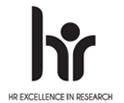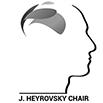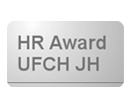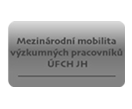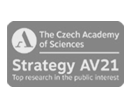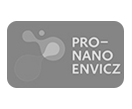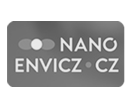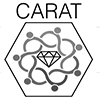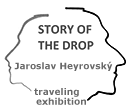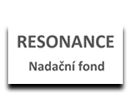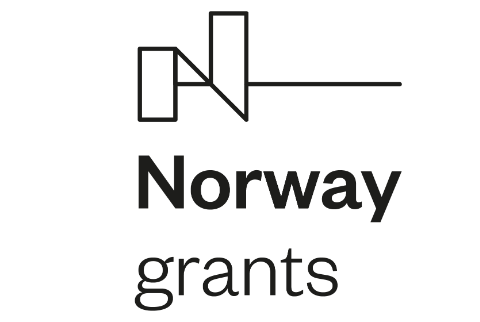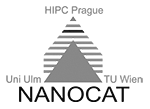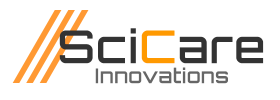Innovative materials protecting the environment will be created in the Czech Republic
Prague, September 7, 2022
The EU Circular Economy Action Plan is based on the assumption that up to 80% of a product's environmental impact can be determined at the design stage. To help design and manufacture sustainable products, the European research infrastructure project ReMade@ARI has been launched. This platform involves Czech research institutes involved in nanomaterials research and is part of the large NanoEnviCz infrastructure. The coordinator of this Czech representation will be the J. Heyrovsky Institute of Physical Chemistry of the CAS.
In supermarkets, fruit and vegetables are often wrapped in plastic to extend their shelf life. In the future, they could be replaced by more sustainable, bio-based alternatives made from wood. This could be one of the practical outcomes of the European ReMade@ARI platform.
The platform will act as a focal point for all research sectors developing new materials for the circular economy. That is to say, a circular economy in which the ideal is to set up the relationship between man and the environment in such a way that both sustainability and sufficient production.
Top European Infrastructure
Research leading to the development of new sophisticated materials relies in particular on access to Europe's top research infrastructures.
In the Czech Republic, the project will involve the NanoEnviCz platform, which focuses on the study of nanomaterials and their use in environmental applications. It brings together six partners from academia and universities. It offers services in the field of controlled synthesis of materials, their complex characterisation and optimisation of functional properties. It also monitors potential toxicity and environmental hazards.
An example of an innovative material developed within the NanoEnviCz platform is a medical nanofibre patch, which has the trade name ChitoFib Patch. The nanofibers make wounds heal faster, reduce the bleeding time of the wound and also prevent bacteria from entering the wound.
"At NanoEnviCz, we offer a comprehensive service to scientists, industrial companies and others, working closely with them to determine the properties that need to be analysed in order to develop the optimum material for a particular purpose. Now we will also be able to offer them the services of a number of European research infrastructures," says Martin Kalbáč from the J. Heyrovsky Institute of Physical Chemistry, the lead coordinator for the Czech side.
ReMade@ARI will deal with innovative materials for key components in various fields such as electronics, packaging or textiles. The aim is to develop new materials with high recyclability and competitive functions. The platform will offer the potential of more than 50 analytical research infrastructures across Europe under the coordination of the Helmholtz-Zentrum Dresden-Rossendorf research laboratory in Dresden.
These activities thus contribute to the European Union's Circular Economy Action Plan, which aims to progressively establish a climate-neutral and competitive economy that is also resource efficient.
Read more:
Dr. Martin Kalbáč.
J. Heyrovsky Institute of Physical Chemistry of the CAS
martin.kalbac jh-inst.cas.cz
jh-inst.cas.cz
+420 777 921 060






